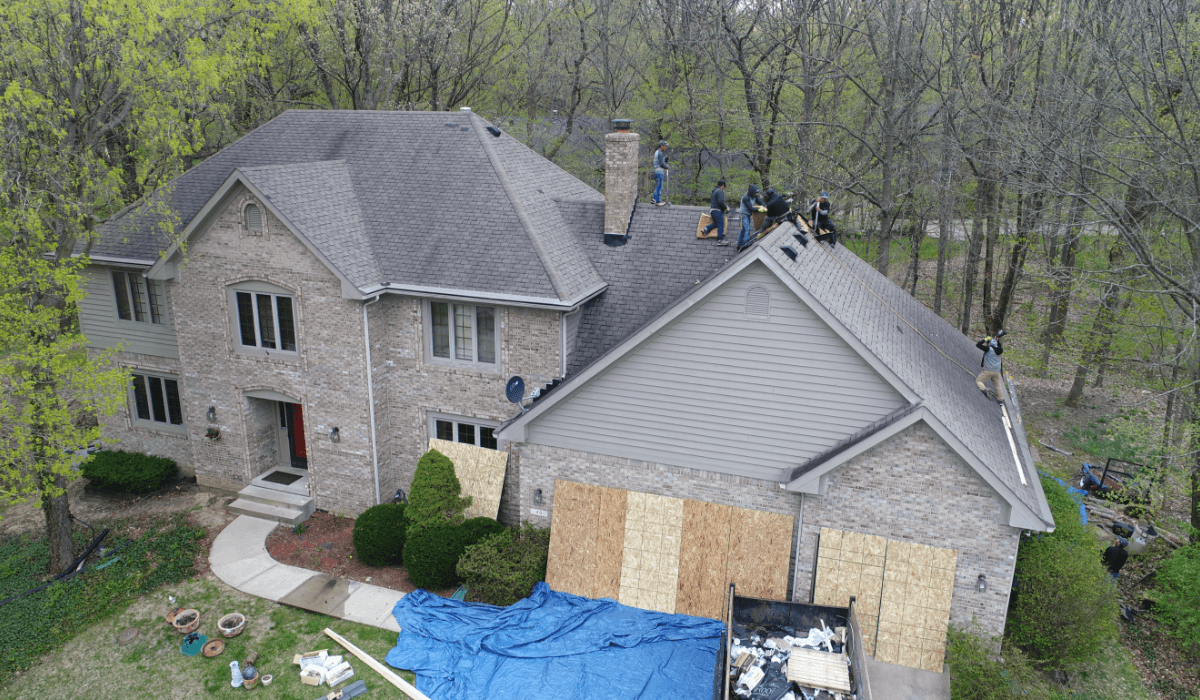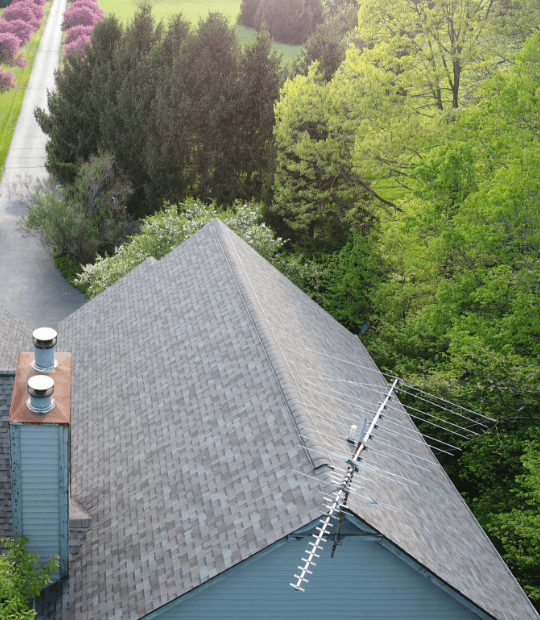As a homeowner, it's important to keep an eye on the condition of your roof. After all, your roof is the first line of defense against the elements, and it plays a vital role in protecting your home and everything inside it. But how can you be sure that your roof is in good shape? The answer is simple: regular roof inspections.
At our roofing company, we believe that regular roof inspections are essential for maintaining the integrity of your roof. In this blog post, we'll explain why roof inspections are so important, what they involve, and how often you should have them done.
Why are roof inspections important?
Roof inspections are important for several reasons. First and foremost, they allow you to identify and address potential problems before they turn into major issues. For example, a small leak in your roof can quickly turn into a major water damage problem if it's not caught and repaired promptly. Regular roof inspections can help you catch these types of problems early, before they cause significant damage to your home.
In addition to catching potential problems early, roof inspections can also help you extend the life of your roof. By identifying and repairing minor issues before they turn into major problems, you can prevent unnecessary wear and tear on your roof and prolong its lifespan.
Finally, roof inspections can give you peace of mind. Knowing that your roof is in good condition can help you rest easy, even during severe weather events.
What do roof inspections involve?
So, what exactly happens during a roof inspection? A typical roof inspection involves a thorough visual examination of your roof, as well as any other components that are critical to its performance. This may include your gutters, downspouts, flashing, and vents.
During the inspection, your roofing professional will look for signs of damage or wear and tear, such as missing or damaged shingles, cracks or holes in the roof, or signs of water damage. They'll also check for any signs of potential problems, such as clogged gutters or improper ventilation.
If your roofing professional identifies any issues during the inspection, they'll provide you with a detailed report outlining the problem and the steps necessary to address it. In some cases, they may be able to make minor repairs on the spot. For more significant repairs, they'll provide you with an estimate of the cost and a timeline for completing the work.
How often should you have your roof inspected?
The frequency of your roof inspections will depend on several factors, including the age of your roof, the climate in your area, and the condition of your roof. As a general rule of thumb, we recommend having your roof inspected at least once per year. However, if you live in an area with severe weather or if your roof is over 10 years old, you may want to have it inspected more frequently.
In addition to annual inspections, you should also have your roof inspected after any significant weather event, such as a heavy rainstorm or hailstorm. These events can cause damage to your roof that may not be immediately apparent, so it's important to have a professional check for any issues.
In conclusion, regular roof inspections are essential for maintaining the integrity of your roof and protecting your home. By identifying and addressing potential problems early, you can prevent major damage and extend the life of your roof. If you haven't had your roof inspected recently, we encourage you to schedule an appointment with a roofing professional as soon as possible. Not only will it give you peace of mind, but it could also save you money in the long run by preventing costly repairs.



